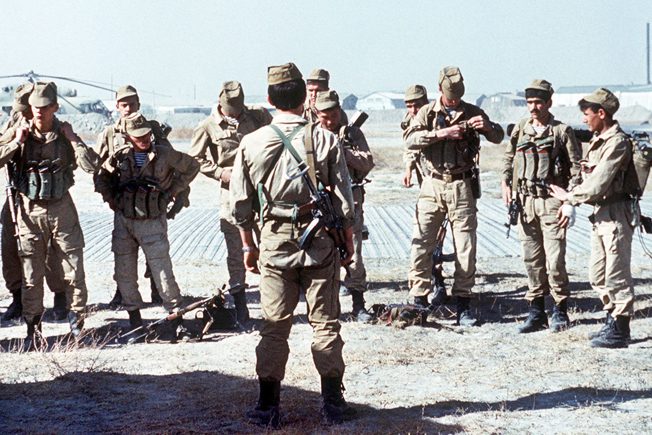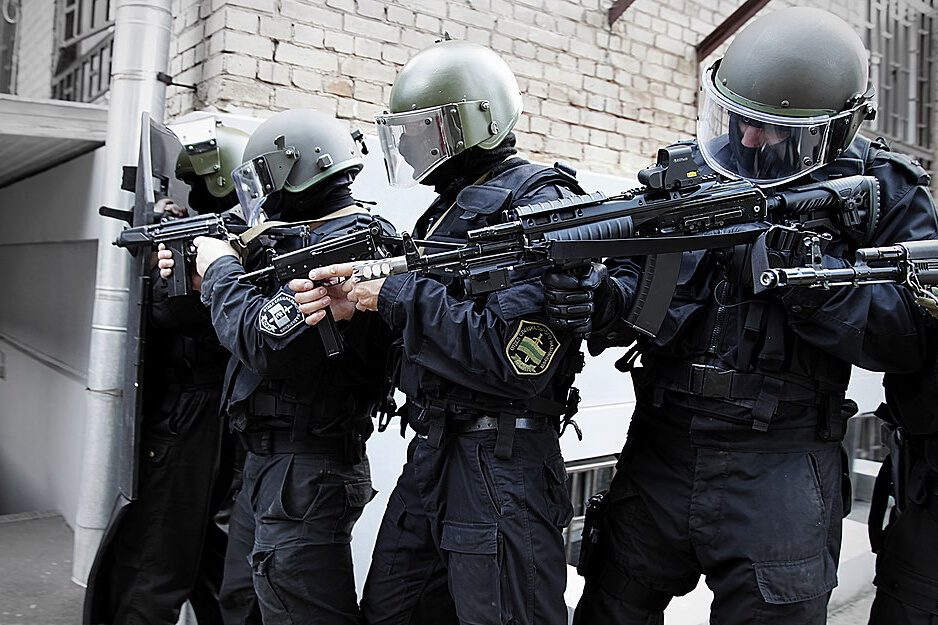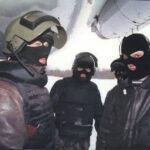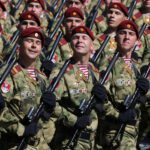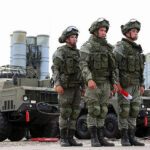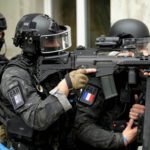What are Spetsnaz?
To understand Russia’s covert reach, you must understand Spetsnaz. These units operate as the country’s special forces, conducting sabotage, assassinations, reconnaissance, and unconventional warfare. From Cold War missions behind NATO lines to operations in Ukraine today, they remain one of Moscow’s most flexible and feared instruments of power.
Origins and Evolution
Spetsnaz units originated during the Second World War and grew under the Soviet Union. The GRU formalised them as dedicated special forces for deep reconnaissance and sabotage. After the Soviet collapse, Russia retained and modernised these units, expanding their role from battlefield intelligence to political warfare.
Structure and Oversight
Spetsnaz forces fall under the GRU, though other ministries, such as the Interior Ministry and Federal Security Service, maintain their own special units. Training emphasises endurance, infiltration, and deniable operations. Their structure allows small teams to operate independently while serving broader strategic objectives.
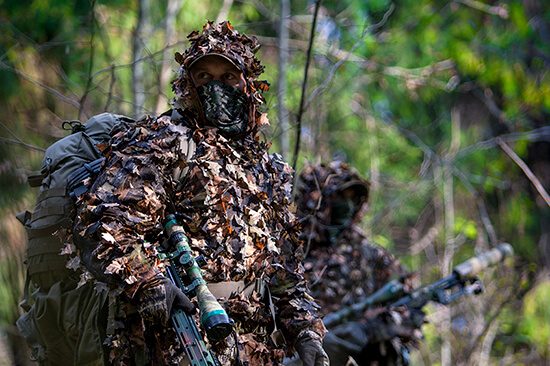
Cold War Legacy
During the Cold War, Spetsnaz trained for missions that would cripple NATO in the event of conflict. Plans included cutting communications, attacking command posts, and disrupting logistics. This legacy of sabotage still defines their doctrine, which prioritises striking vulnerabilities over direct confrontation.
Modern Operations
Spetsnaz played a central role in Russia’s wars in Chechnya, Georgia, Crimea, Syria, and Ukraine. They infiltrated Crimea during the 2014 annexation, disguised as “little green men.” In Ukraine’s full-scale war, these units conducted reconnaissance, guided missile strikes, and targeted infrastructure. Their presence in covert operations blurs the line between war and peace.
Role in Hybrid Warfare
Spetsnaz exemplify hybrid tactics. They combine traditional commando skills with covert influence, intimidation, and psychological operations. By operating in the shadows, they provide Moscow with tools to destabilise opponents without triggering open war. Their operations in Europe, from surveillance of infrastructure to suspected assassinations, underline this role.
Strategic Importance
For Russia, Spetsnaz offer deniable force projection. For Europe, they represent a persistent threat operating below the threshold of open conflict. Understanding Spetsnaz means recognising how Moscow deploys elite units not only for combat but for sabotage, intimidation, and the wider strategy of hybrid war.
